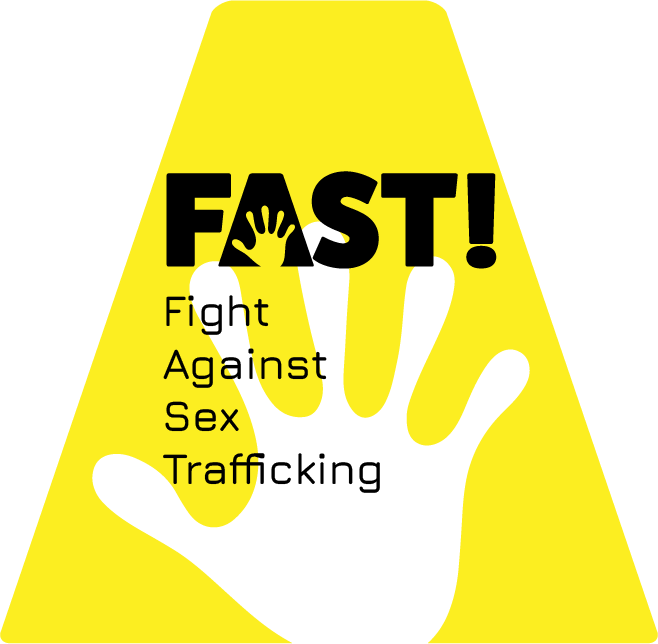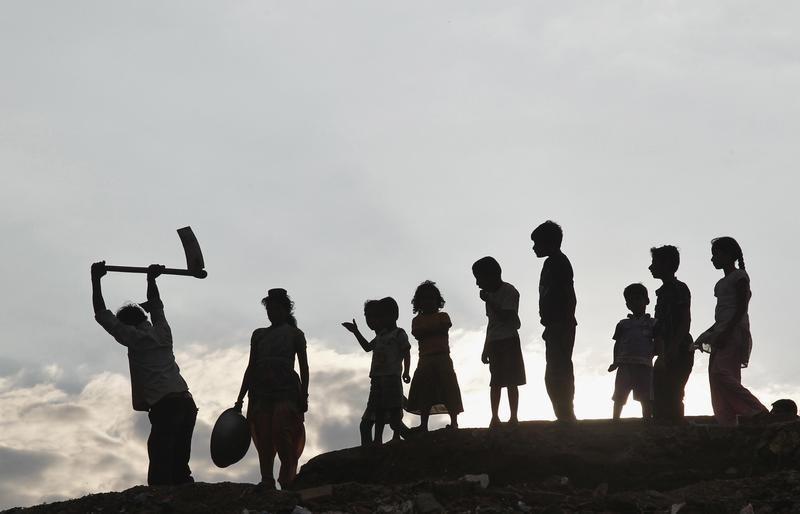Corruption as a Facilitator of Smuggling of Migrants and Trafficking in Persons. The 2021 research report by UNODC and the RSO of the Bali Process underscores the pervasive nature of corruption in human trafficking and migrant smuggling across Southeast Asia.
The report reveals that corruption occurs at every stage of these illicit activities, involving actors from both the public and private sectors. Officials, motivated by material benefits or political favors, often turn a blind eye to facilitate the entry and transportation of migrants and the production of fraudulent documents.
Corruption as a Facilitator of Smuggling of Migrants and Trafficking in Persons
Southeast Asia faces significant challenges with the smuggling of migrants and trafficking in persons, with countries in the region playing various roles as source, transit, and destination countries. High levels of trafficking are observed, encompassing both sexual and labor exploitation. While most incidents occur within the region, some victims are trafficked to destinations in Asia, the Pacific, the Middle East, Europe, and North America.
Highlighting the impact of corruption, a 2019 case from Thailand revealed a scheme involving immigration and police officials collaborating with 37 migration brokers.’ Immigration officials forged visa stamps for illegal entry in exchange for payment, leading to the revocation of 200 visas. In another 2015 case, a local political leader in Thailand faced investigation for unlawfully issuing documents to migrant workers in return for fees, shedding light on the multifaceted challenges in combating corruption within the region.
Read the full report here.



